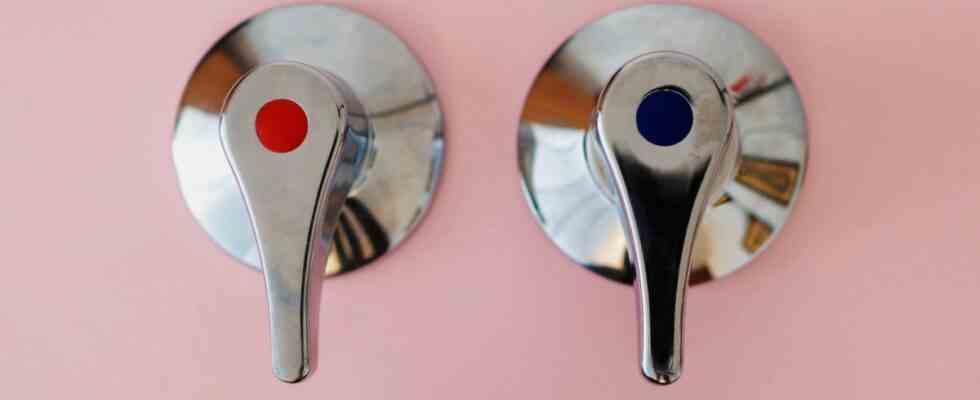The average showerer would only have to shower a little bit shorter and a little less warm, and half of the consumption would be saved – without much loss of comfort. Professor, take over!
The municipality of Schwangau already gave Bavaria’s model castle Neuschwanstein new lighting two years ago. At that time there was no talk of an energy crisis, but everyone involved was proud that the new 47 LED spotlights save 9000 watts per hour compared to the old eight halogen lamps. Cities and the Free State as well as the federal government have now discovered completely different savings potentials, sights are no longer illuminated, street lighting is – where possible – dimmed. For this reason, Schwangau also stopped nightly lighting in Neuschwanstein weeks ago.
Some local politicians have stated that this is primarily of “symbolic” value. Nobody has a correct overview of which measures save how much energy, so it is very practical that the Dean of the Faculty of Mechanical Engineering at the Technical University of Ingolstadt did the math. Not in public buildings, but at home, while showering.
Such a calculation is nothing for normal mortals, it is about thermodynamics and fluid mechanics, about Calvin and kilojoules. Not necessarily the mathematical home use, but Klaus-Uwe Moll is lenient with average talents: In a nearly 20-minute long Youtube video he clearly shows how much energy is required to heat water – and that it would actually have a great effect if all Germans showered less generously but still comfortably. According to the calculations in the video, just heating a kilo of water by 30 degrees requires just as much energy as lifting a weight of 17 tons by one meter.
Moll assumes that Germans shower on average for ten minutes, at a temperature of 37 degrees and using 150 liters of water. An energy requirement of 4.7 kilowatt hours is necessary for this. If you instead only use 100 liters and shower at 31 degrees water temperature, which hardly restricts the comfort from Moll’s point of view, the consumption is roughly halved.
Based on 40 million showers in Germany per day, that would save a little more than 33,000 gigawatt hours of energy. That’s a lot, which is why it would be interesting to see what the local authorities’ savings will bring. Professor, take over!

